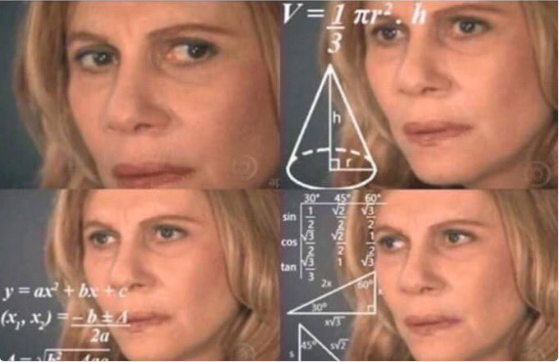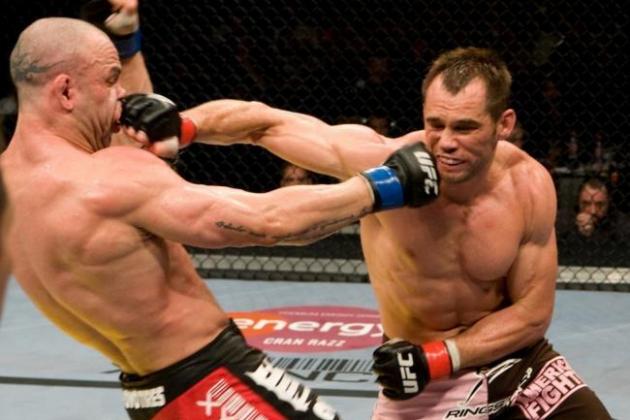
I recently read a forum post where a poster came down rather hard on 5th Edition Dungeons and Dragons. He was rather up front with the fact that perhaps the game system was just not for him but then started to make what I feel were some rather unfair assertions about the game’s design that I don’t feel come anywhere near the mark – it’s designed to be about killing and looting instead of really roleplaying and that the game (and especially combat) was filled with bland mechanics. (If that was really their experience, I would wager that they probably had a pretty bad DM.) There were also a number of digs at the term “using your imagination” as if it were somehow a negative thing? I dunno, and I really don’t want to pile on the person for this post but I really have to start to question if he’s in the correct hobby.
Now, the biggest issue I took with the post was the claim that character creation was simply “choosing an archetype” and there was nothing else unique about it. Your 5th level Fighter with the Champion archetype would be exactly the same as my 5th level Fighter with the Champion archetype. As someone who has looked at the character creation rules for just a few posts on this very website, this sentiment actually made me pretty mad, and I was finally able to crystallize it into a single, easy to remember mantra –
“Your character is not your class. But your class is a part of your character.”

(It’s kind of an “every square is a rectangle, but not every rectangle is a square” sort of thing. Maybe. I dunno, I was pretty bad at geometry. The proof may be in the pudding, but it definitely wasn’t on my final in that class. Anyway, where was I? Oh yes)
There is no way around the fact that choosing what class you want to play in Dungeons and Dragons is a big thing. No other decision you make has nearly as much mechanical weight to it. Do you want your character to be a fighter or a spellcaster? Does arcane or divine magic sound more up your alley? Do you want a lot of weird and esoteric class features, or are you happy with a few solid and easy to remember things? Is there a class that simply sounds like more fun than any of the others? Yes, the class you choose will be with you for the entirety of your character career (regardless of any multiclassing you do – you were still your 1st level class first), but it doesn’t define your character. It defines a part of them.
Now, I don’t believe that this poster was being that disingenuous to the game to where he would simply ignore that above axiom. I do believe that he was looking at the mechanics of the class. Yes. Every Monk gets Martial Arts at 1st level and gets a reserve of Ki energy starting at 2nd. Every Fighter gets an extra attack at 5th level, and a Barbarian just isn’t a barbarian without a heaping helping of unfettered Rage at 1st level. Those things don’t change from character to character, it’s true. But if that is the basis of your argument, it tells me that you aren’t interested in playing the game – you’re interested in playing the system, which tells me that you’ve lost the point of the entire thread.
Just the night previous to finding this thread I had done some thought exercises (that you’ll probably get to see in a few weeks) making four Human Druid 1/Way of the Four Elementals Monk 3. Two of them started out as Druids, and two of them started out as Monks at 1st level. Three were using the variant human rule for a free feat selection and bonus skill and all but one used the standard array (with the odd duck out being a point buy build). I’m pleased to say that even though they were built around a similar theme, each one of these characters came out looking very different in my head (and even a little bit on paper) when all was said and done. The mechanics and the abilities are a part of the character advancement, but they do not define the character class. Instead, it’s up to the player to define the abilities within the scope of the player.
Let’s take the Monk’s Martial Arts for example – your archetypal (and don’t get me wrong, they use archetypes for a reason) Monk is a practitioner of some form of martial art like karate or judo, giving a eastern flair to a predominantly western setting. But maybe your character is more of a wrestler with arm locks and other technique holds replacing the pressure point strikes of a more “traditional” Monk. Your Flurry of Blows then becomes a Zangief style Double Lariat. Or maybe your character favors a more aggressive form of fighting, and instead of playing a technical game, he likes to dash in with a literal flurry of strikes in a Cobra Kai “strike first, strike hard, no mercy” type of philosophy.

Even the particular Fighting Style that every Fighter chooses at 1st level can benefit from more detail into what it looks like and how it serves the particular character concept. A character that selects the Dueling Fighting Style from a Sailor background may favor fast and heavy attacks with a cutlass or scimitar to repel boarders while one from a Noble background may drop into an “en garde” position reflecting the time he spent with his family’s fencing master when he was growing up. Two Soldiers might have different ideas on what the Defense fighting style actually means, with one turning his body to most effectively use his armor to absorb the blows while another might adopt more of a juggernaut style and simply stride through the battlefield letting his experience with wearing armor let him ignore blows that would interrupt or harm those of lesser skill.
In short (because I could really go on and on about this for quite a bit more) if you let the mechanics dictate your character, you’re going to have a bad time. The mechanics are there to do exactly what they sound like they should do – help to drive the story that is being told. Nothing more. Nothing less. The mechanics are not your character. You are expected to put in some of the work. And using your imagination to do so is a large portion of the fun.
